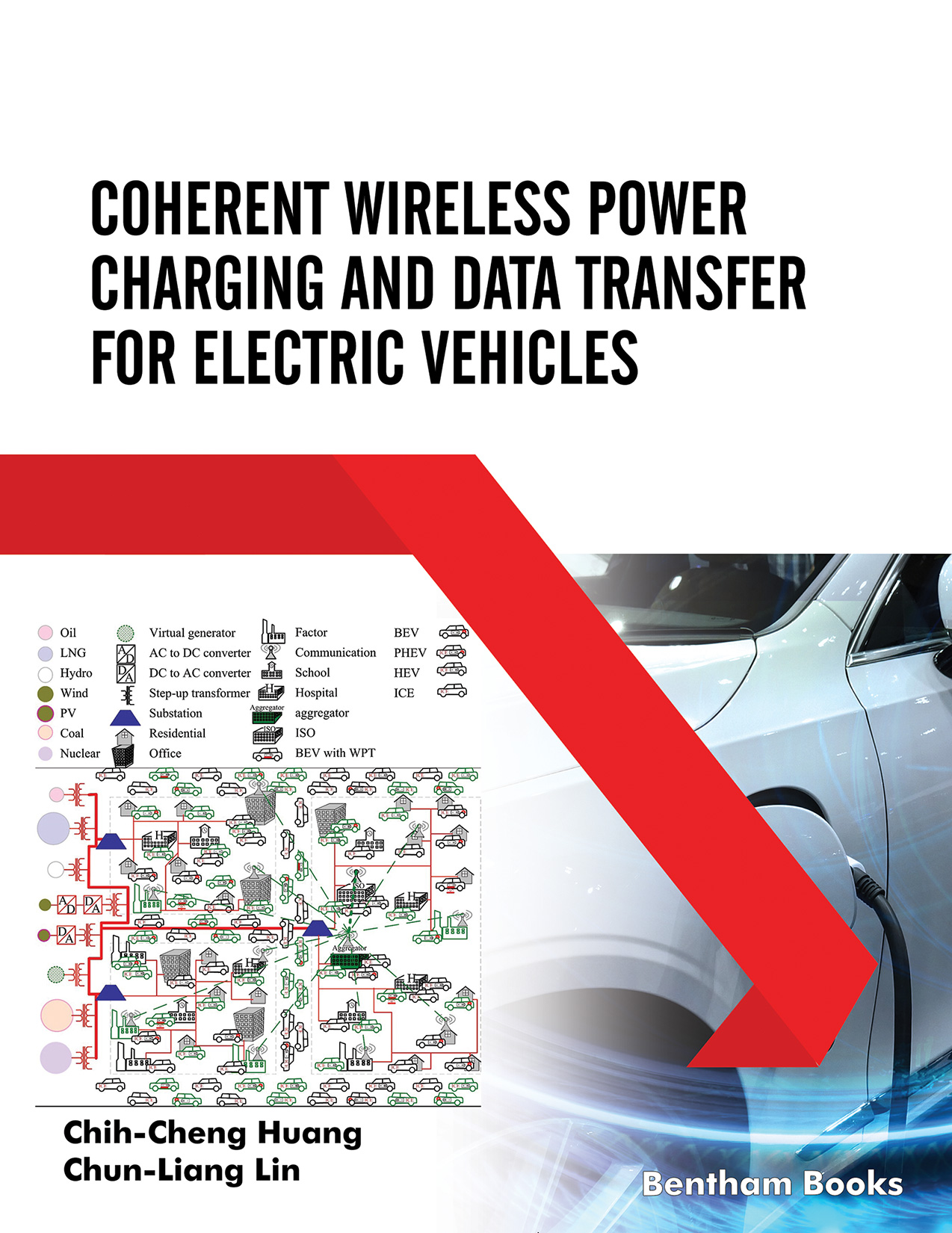Introduction
Focusing on reducing emissions and improving fuel economy, automotive manufacturers are developing electric vehicles (EV) to replace fuel and diesel vehicles starting in 2030 onwards. The EVs, with their green power supplies maximize environmental benefits with zero emissions thereby lowering air pollution levels. There is now an increased demand for stable electric storage systems (ESS) that are part of the design of new electric vehicles.
This timely reference gives an overview of modern electrical power systems applied in the current generation of electric vehicles which require an ESS, and how these can be utilized for simultaneous power and data communication. The book starts with an introduction to the topic, before giving a summary of the green power trend for the electric vehicle market. The book then delves into the theoretical and analytical framework required to understand adaptive compensation of the magnetic inductive system (ACMIS), based on zero voltage switch (ZVS). The chapters demonstrate how these systems are used for transmitting electric power from a single-end inverter combined with a compensated network of parallel to parallel (P-P) type and an auto-tuning impedance of LC tank.
The book also covers the experimental method for a multifunctional contactless power flow of the G2V mode and bidirectional outer communication and inner communication with giant magnetoresistance (GMR) effect for car parking guidance. The experiment shows how to analyze data transferring performance including the current trimming method and how to evaluate data transmission quality according to the relevant parameters.
Overall the book serves to familiarize automotive engineers and industry professionals involved in the electric vehicle market with the issues that surround wireless power charging and data transfer systems for electric vehicles, and introduces them to more coherent designs.
Audience: automotive engineers and industry professionals involved in the electric vehicle market.

